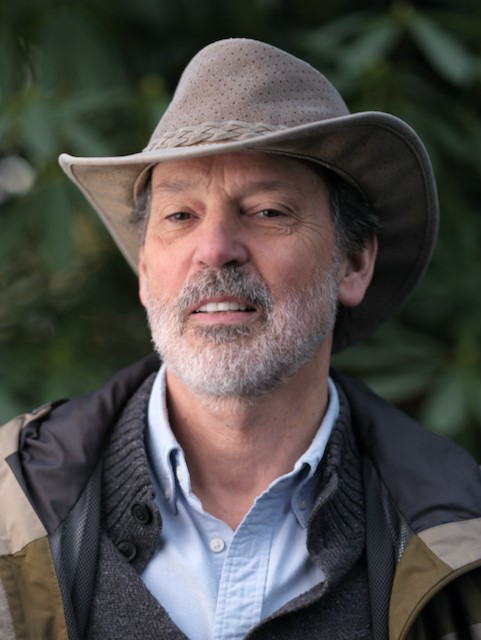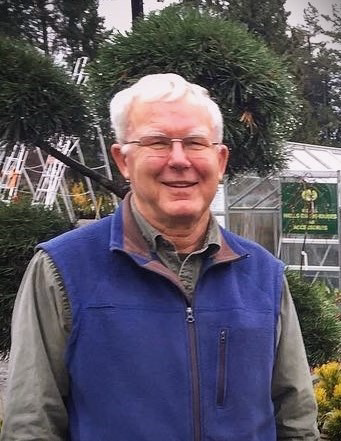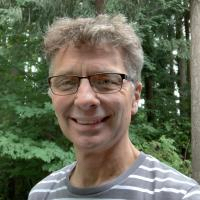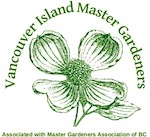The Value of a Tree
A personal, selective examination of the intrinsic, ecological and cultural importance of trees.
Douglas Justice presenting at VIMGA’s Spring Education Day, March 6, 2022

Douglas Justice had his initial exposure to horticulture in his parents’ garden in Vancouver and at the family farm in Duncan. His passion for plants eventually led him into nursery work, then to degrees in horticulture and botany, which spurred him to pursue a career in teaching and public garden management. Douglas is Associate Director, Horticulture & Collections at UBC Botanical Garden. He teaches in UBC’s Landscape Architecture program and in the garden’s horticulture training program, and is currently working on a manual of Vancouver’s cultivated woody plants.
Small Fruits – The Under-Utilized Edible
Perennial food plants growing on shrubs and vines can be a major component of an edible garden. From blueberries to grapes there is a wide range of familiar edible plants to cultivate in your garden. Bernie will give an overview on what is available and their cultural requirements.
Bernie Dinter presenting at VIMGA’s Spring Education Day, March 6, 2022

Bernie Dinter grew up on the campus of Shawnigan Lake School on Vancouver Island. He graduated from UBC in 1976 with a degree in Plant Science. His father began Dinter’s Nursery in1973 and Bernie joined it full time after graduation. Dinter’s Nursery has been supporting gardeners in the Cowichan Valleyoody plants.
Rhodos and Geophytes
Jo Ann Canning presenting to Nanaimo Rhododendron Club, February 10, 2022
Bring Back the Pollinators
Presented as part of the VIMGA 2021 Annual General Meeting, Nov. 6, 2021

Bees are struggling due to habitat loss, pesticides, and disease, but the good news is that there are things we can do to make our landscape better for bees—and if we all do something, together we can have a big impact. Matthew Shepherd of the Xerces Society will introduce you to the diversity and natural history of America’s native bees, and present straightforward ways in which you can make your garden—or neighborhood or city—a pollinator haven.
 Vancouver Island Master Gardeners
Vancouver Island Master Gardeners